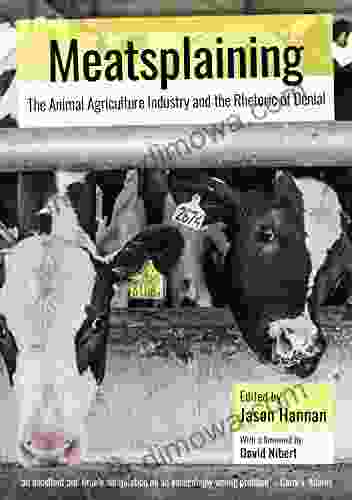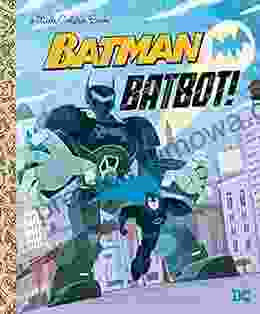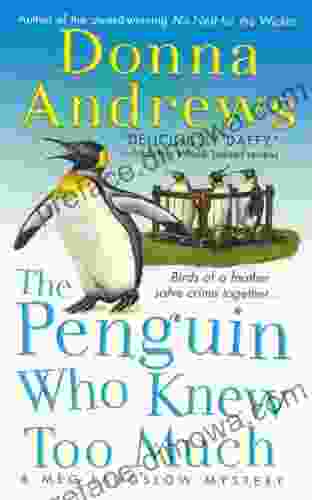As the global population continues to grow, the demand for animal products such as meat, dairy, and eggs rises exponentially. Consequently, the animal agriculture industry has expanded to meet this demand, leading to widespread environmental degradation, animal suffering, and human health concerns. Despite mounting evidence of the industry's negative impacts, many continue to deny or downplay these issues. This article delves into the rhetoric employed by the animal agriculture industry to deflect criticism and maintain consumer complacency, shedding light on the urgent need to acknowledge and address the industry's detrimental consequences.
The Fabrication of Animal Publics
One of the most common strategies used by the animal agriculture industry is the creation of idealized representations of farm animals. Through public relations campaigns and industry-funded research, the industry presents a false narrative of happy, well-cared-for animals living in idyllic conditions. In reality, the vast majority of animals raised for food are confined to cramped and unsanitary factory farms, where they are subjected to extreme stress, pain, and disease. The industry intentionally conceals the true nature of animal agriculture, preventing consumers from making informed decisions based on the actual treatment of animals.
4.5 out of 5
| Language | : | English |
| File size | : | 824 KB |
| Text-to-Speech | : | Enabled |
| Screen Reader | : | Supported |
| Enhanced typesetting | : | Enabled |
| Word Wise | : | Enabled |
| Print length | : | 346 pages |
| Hardcover | : | 510 pages |
| Item Weight | : | 1.95 pounds |
| Dimensions | : | 6.14 x 1.13 x 9.21 inches |
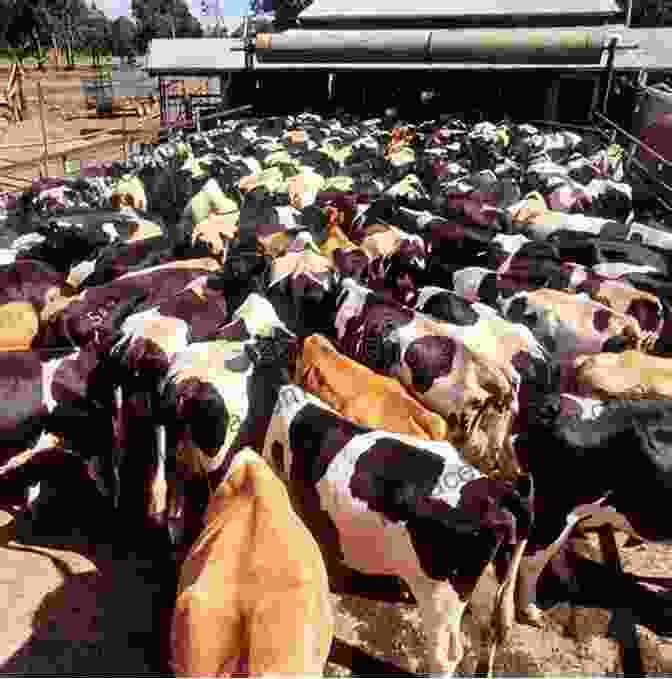
The Denial of Environmental Impact
The animal agriculture industry is also accused of downplaying or denying its significant environmental impact. Factory farms, which house thousands of animals in close confinement, produce massive amounts of manure and methane, contributing to air and water pollution. Additionally, the industry is a major driver of deforestation, as vast tracts of land are cleared to create grazing areas for cattle and to grow feed crops. The industry's environmental footprint is undeniable, yet it continues to refute or downplay the severity of its impact.
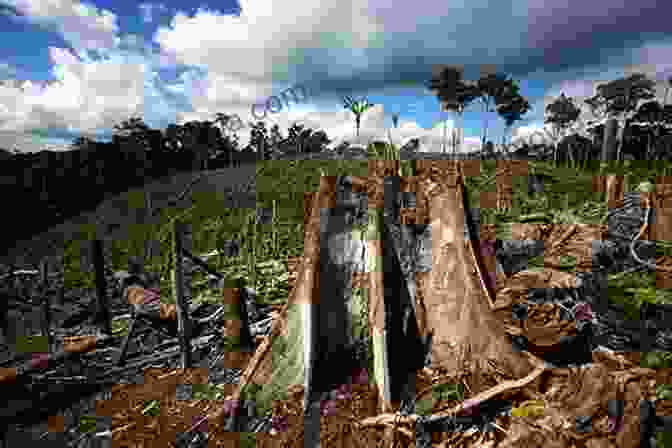
The Distortion of Health Risks
The animal agriculture industry has a vested interest in downplaying the health risks associated with animal products. Studies have linked excessive meat consumption to various chronic diseases, including heart disease, cancer, and obesity. However, the industry often dismisses or disputes these findings, claiming that meat is an essential part of a healthy diet. It misrepresents scientific evidence and downplays the potential health benefits of a plant-based diet.

The Assault on Animal Rights
Perhaps the most sinister aspect of the animal agriculture industry's rhetoric is its outright denial of the inherent rights of animals. The industry treats animals as mere commodities, objects to be exploited for profit. It devalues their sentience and minimizes their capacity for pain and suffering. This denial of animal rights is a fundamental barrier to creating a more just and compassionate society for both animals and humans.
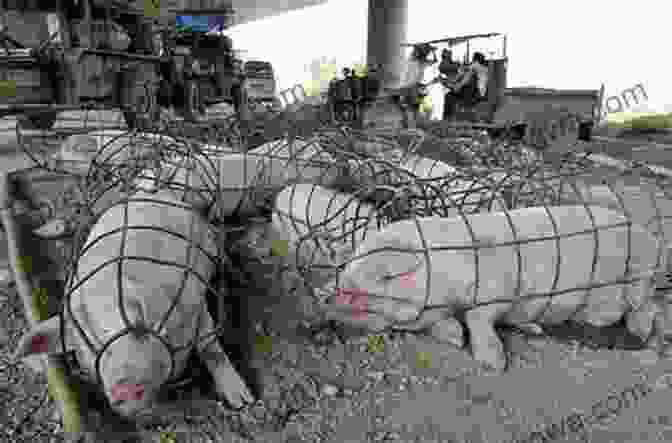
Implications for Public Discourse
The animal agriculture industry's rhetoric of denial has a profound impact on public discourse. It stifles critical discussion, prevents informed decision-making, and creates a culture of complacency. By perpetuating myths about animal agriculture, the industry undermines efforts to promote animal welfare, protect the environment, and improve public health. The continued denial of the industry's negative impacts is an impediment to creating a sustainable and equitable future.
The animal agriculture industry's rhetoric of denial is a dangerous barrier to progress. It perpetuates a false reality, obstructs informed choices, and undermines the well-being of animals, humans, and the planet. It is imperative that we challenge this rhetoric and demand transparency and accountability from the industry. By raising awareness of the true nature of animal agriculture, we can empower consumers, influence policy changes, and create a more compassionate and sustainable society for all.



